Don’t Sweat It
 Last week we explored sweating bullets. This week we look at a better plan: Don’t sweat it.
Last week we explored sweating bullets. This week we look at a better plan: Don’t sweat it.
Don’t sweat it means not to worry about it.
When troubles arise, sweating bullets does no good. In fact, it frequently causes great harm.
- Upset stomach
- Headaches
- Tight Muscles.
- Sleep Loss
“Ain’t no need to worry.”
Several years ago, I watched an interview of a baseball player. I don’t remember the player or his team. However, I do remember this wise (but grammatically incorrect) quote.
He explained that if we worry about something that never happens, we waste all that time and energy. Therefore, “ain’t no need to worry.”
Then he said if we worry about something that does happen, we failed to stop it. Again, “ain’t no need to worry.”
“Why worry when we can pray?”
This quote comes from my friend Marian Woosley.
Her grammatically correct message reminds us to shake off our worry. Pray about our concerns. Let go and let God have control.
“Then Jesus said to his disciples: “Therefore I tell you, do not worry about your life, what you will eat; or about your body, what you will wear” (Luke 12:22 NIV).
Do you have an expression you want explained? If so, please comment below.
Subscribe to receive my weekly posts by email and receive a free copy of “Words of Hope for Days that Hurt.”
If you enjoyed this post, please share it with your friends.
Image by Bruno /Germany from Pixabay.
 Few of us like to sweat bullets – physical or emotional.
Few of us like to sweat bullets – physical or emotional. I recently had to bite the bullet. In one week, I made two major house repairs and replaced the brakes on my car. I was out of town when the brakes stopped working.
I recently had to bite the bullet. In one week, I made two major house repairs and replaced the brakes on my car. I was out of town when the brakes stopped working. In our
In our 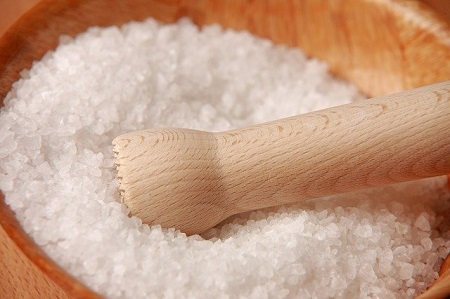 Years ago, people treated many medical emergencies at home. One common remedy was to pour or rub salt in a wound. That solution often caused more pain than the original problem.
Years ago, people treated many medical emergencies at home. One common remedy was to pour or rub salt in a wound. That solution often caused more pain than the original problem. How many times have we attempted an impossible task? We try to do something no one can do. Remember, we don’t have to boil the ocean.
How many times have we attempted an impossible task? We try to do something no one can do. Remember, we don’t have to boil the ocean.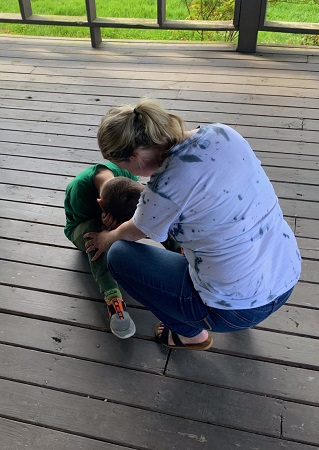 “Tell me the truth. You will feel better if you do. Confession is good for the soul.”
“Tell me the truth. You will feel better if you do. Confession is good for the soul.”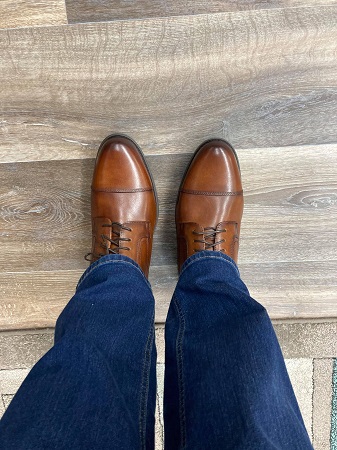 If we put the right shoe on the right foot, it feels fine. However, if we put it on the left foot, it hurts. We don’t like it when the shoe is on the other foot.
If we put the right shoe on the right foot, it feels fine. However, if we put it on the left foot, it hurts. We don’t like it when the shoe is on the other foot.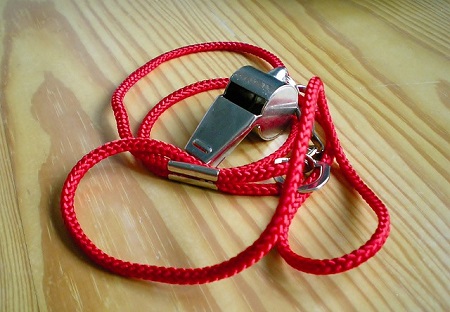 Most of us like our houses clean as a whistle. Cleaning takes a lot of
Most of us like our houses clean as a whistle. Cleaning takes a lot of 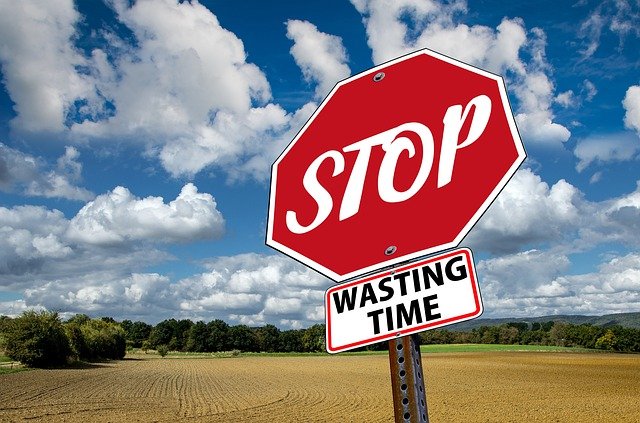 When we were children, adults occasionally warned us not to dillydally. This often happened when we failed to:
When we were children, adults occasionally warned us not to dillydally. This often happened when we failed to: